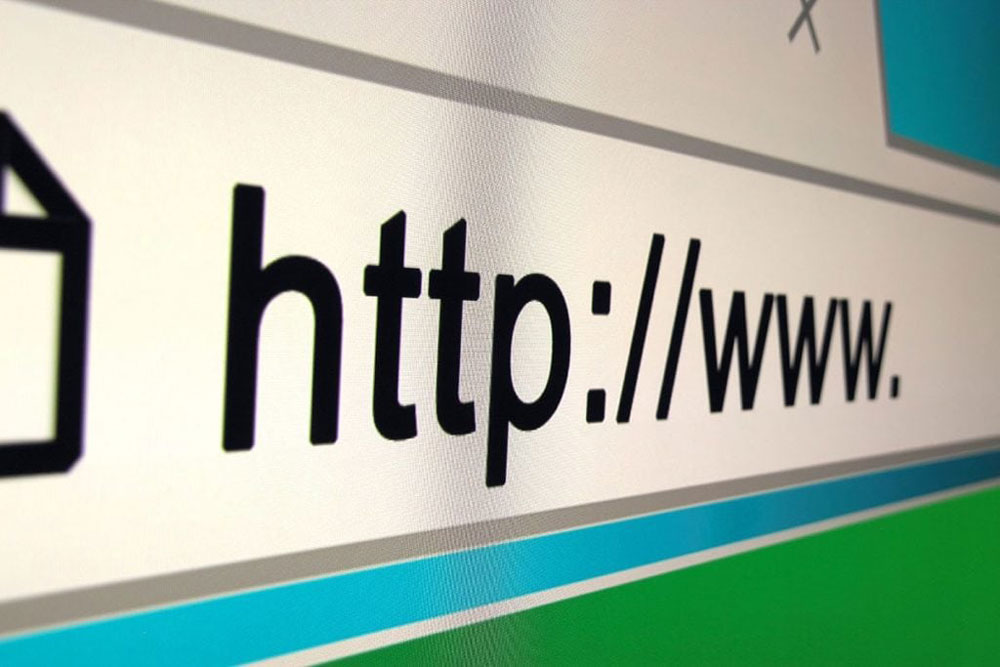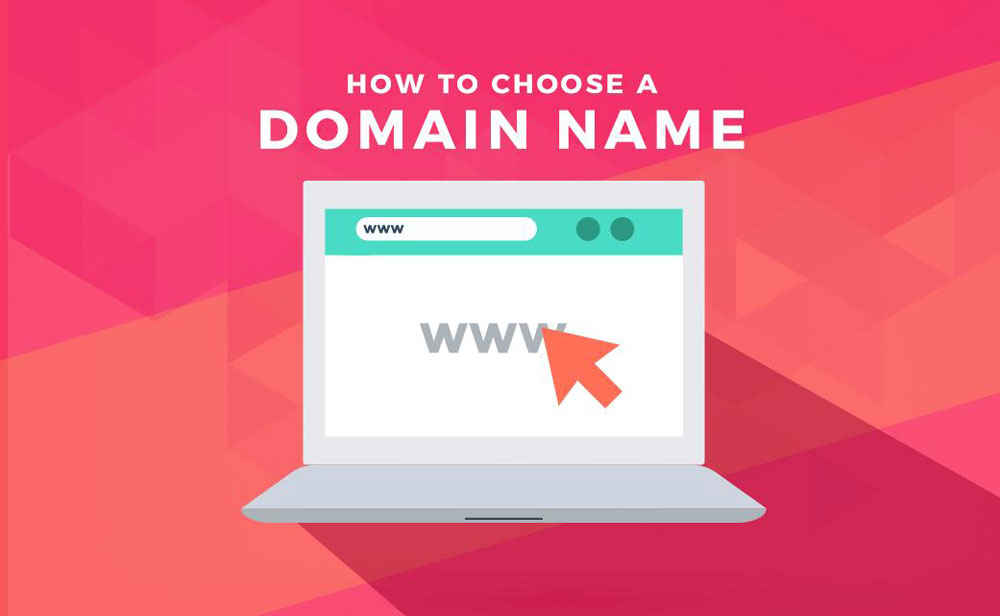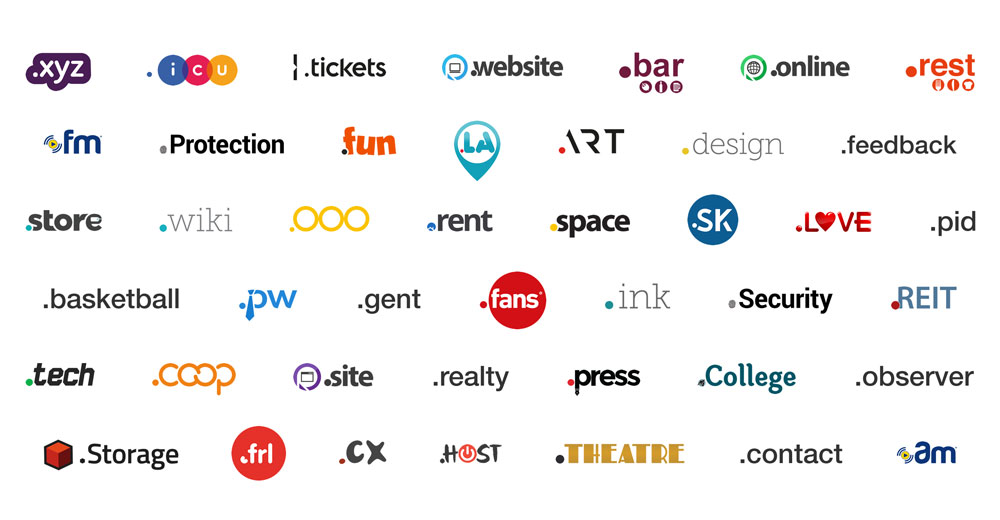It’s impossible to get ahead in the modern business world without a website. If you have a website, you need a domain name. Logically, you might feel like your domain name should just be the name of your business – or, if you’re a sole trader, a description of what you do – but that isn’t always possible.
You might find that someone is cyber-squatting on your preferred domain name, and has no intention of moving. Such people can usually be forced to relinquish the name, but only when time and money has been invested in making them do so. Other times, you might discover that someone has already chosen the name, and is using it for legitimate purposes of their own. That means you need to think again about words and titles. This is an important decision – your URL is a part of your brand, and it needs to be consistent with whatever content you wish to host there.
If you’re scratching your head and wondering what to use for a domain name, we’ve got some helpful tips for you.
- The Shorter the Better

The longer your URL is, the more chance there is of someone spelling it incorrectly and therefore failing to access your website. You might be the best plumber in Milwaukee, but ‘bestplumberinmilwaukee.com’ isn’t the sort of website address that’s going to stick in people’s mind, or look great on a business card. Consider commonly-known abbreviations, and go with them instead. Using the same example, mkeplumber.com would work much better.
A good URL should be something that you can tell people once, and have them remember it. For the same reason, avoid hyphens. They were once common in web design, but they’re no longer popular for the simple reason that people can never remember them. Make it all one word, and make it memorable.
Empowering Your Rights: The No Win No Fee Advantage- Read It Out Loud, And Look at It Hard

The history of the internet is littered with people who’ve made this mistake. Your idea for a URL may be fantastic in your mind, but make sure you’ve written it down, spoken it out loud, and got somebody you know to do the same before you commit to paying for it. Otherwise, you leave yourself at risk of owning an unintentionally comical web address.
One of the best-known examples of this is the company American Scrap Metal, who thought they could do no harm by simply going with their company name. Unfortunately, ‘americanscrapmetal.com’ looks more like a comment on the quality of the metal than it does a description of the service. Many high-profile websites compile lists of the worst offenders. Make sure your site doesn’t end up on one!
- Avoid Slang

If you use slang terms of spellings in your URL, and then give someone your website details verbally, you run the risk of that person failing to find your site because they’re entering the conventional spelling. The best examples of this would be the use of ‘u’ instead of ‘you.’ or ‘ur’ instead of ‘your.’ Unless the same use of slang also occurs in your brand name, leave it off your website.
WEBYDO: Build your Dream Website- Look It Up First

Do you think you have the ideal name for your website? Great! Now check that whatever you’ve chosen isn’t already in use as a registered trademark in your home country. You’ll often find that companies register alternative descriptions of the services they provide so they can build a trading style around it, or prevent confusion in the marketplace.
There’s nothing worse than paying money to register a website, and then discovering that you can’t use the great name you registered because someone has filed for a trademark using the same words. Always exercise caution.
- Consider Tone
If you’re open-minded about the name of your URL and the name of your proposed business, you could always allow your choice of URL to guide your choice of company name. It might seem like a back-to-front way of thinking about it, but it’s a good way to come up with ideas you may not have thought of previously. What kind of tone would you like your name to have? What’s the instant message you’d like people to get from it?
Funny or Infuriating? When Big Shots Forget to Renew Their Domain Names- Think About Speciality

Not every website has to end in .com. There’s nothing wrong with the extension, but there are many alternatives to choose from in the modern age; some of which suggest a professionalism or specialty within a specific field. If you want to tell your audience what they can expect to find on your site before they log on to it, you can do that with a relevant extension.
As an idea of what’s currently out there, you can use .me for personal websites and blogs, .info for websites that exist to give information, and .biz for digital commerce websites. The old extension .net has been re-purposed to indicate that a website contains technical products or information. If you’re opening a charity or community website, .org is the most commonly-seen option.
Above All Else
Creating Low-poly Art Portraits with Adobe Photoshop and IllustratorBe memorable. There are over six hundred million websites out on the internet now, and most of them haven’t seen a visitor in years. Whatever name you go with, make sure it’s the type that sticks in someone’s head as soon as you say it. It shouldn’t need repeating, it shouldn’t be bland, and it shouldn’t lack character. Once you’ve found it, also reserve every possible extension and mis-spelling of that name, just to make sure nobody tries to divert your business away from you to them by setting up camp with a virtually identical name.
Good luck!







